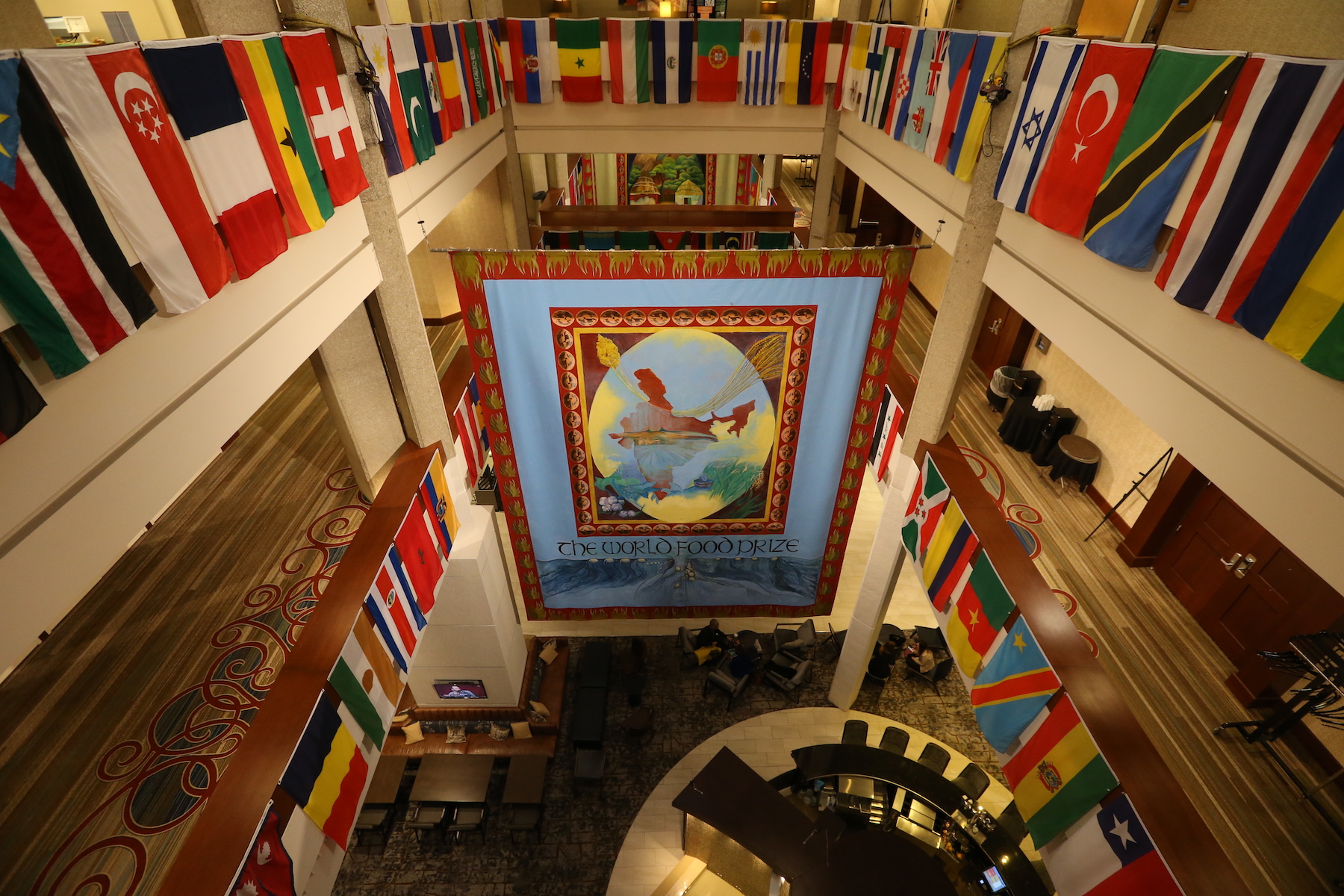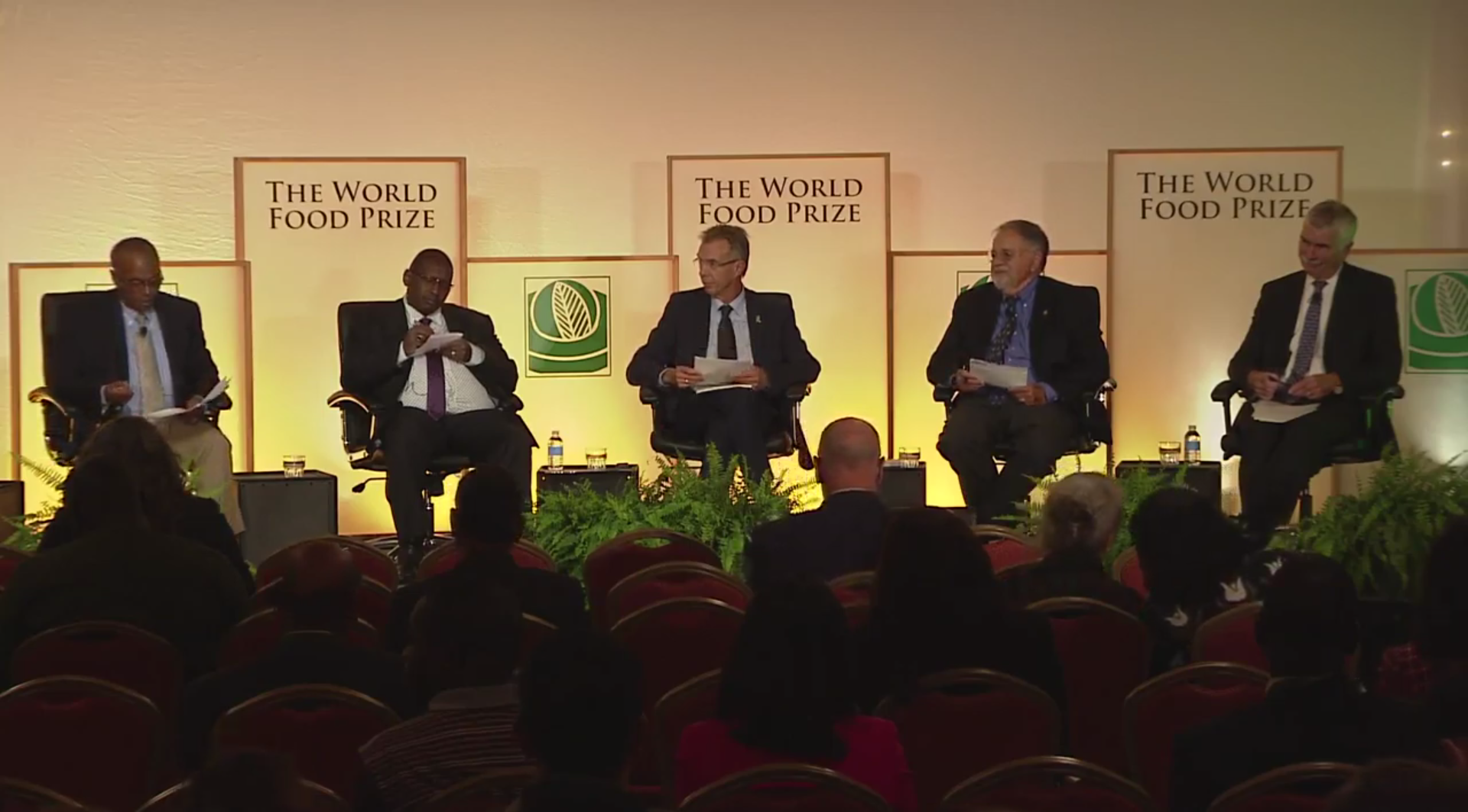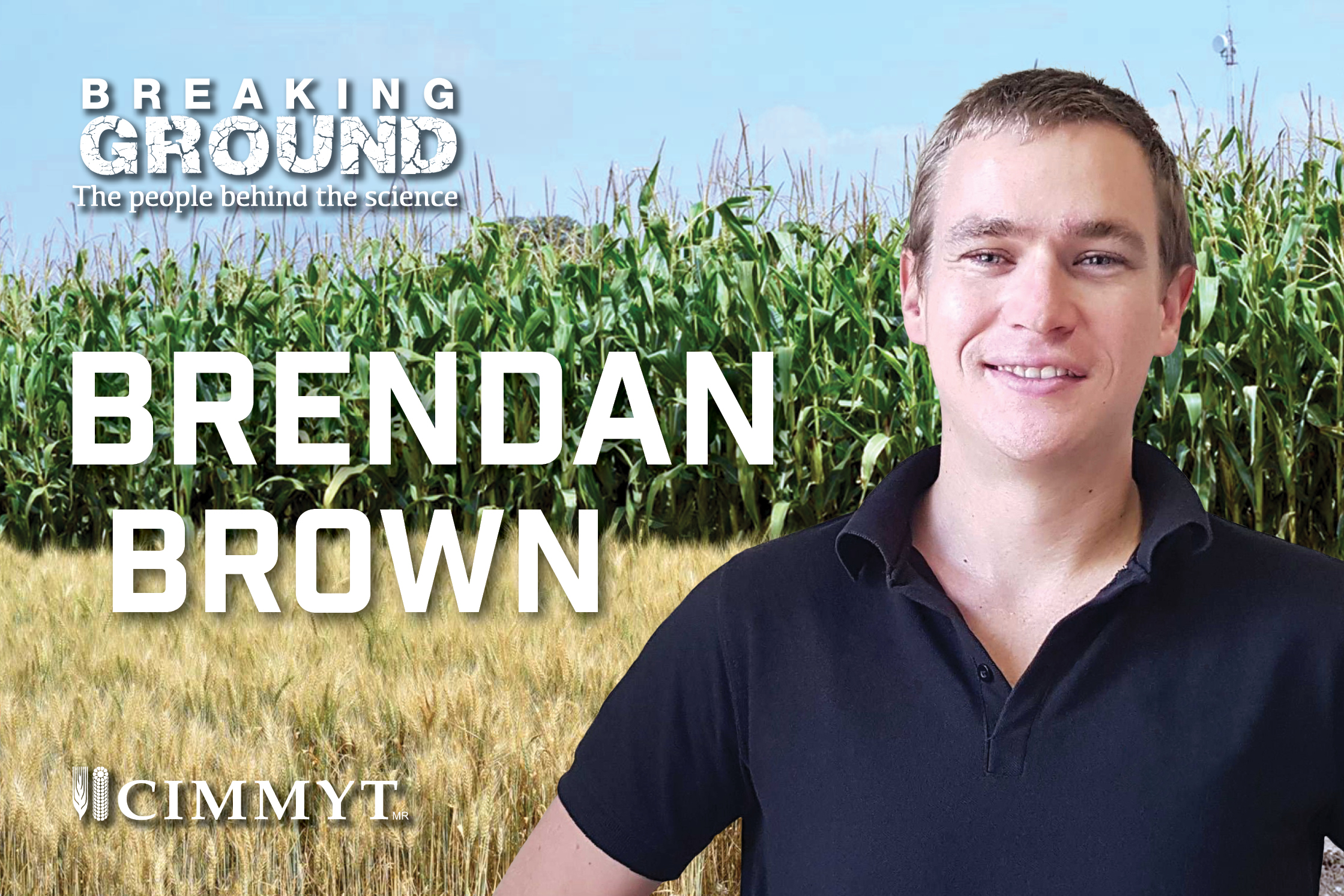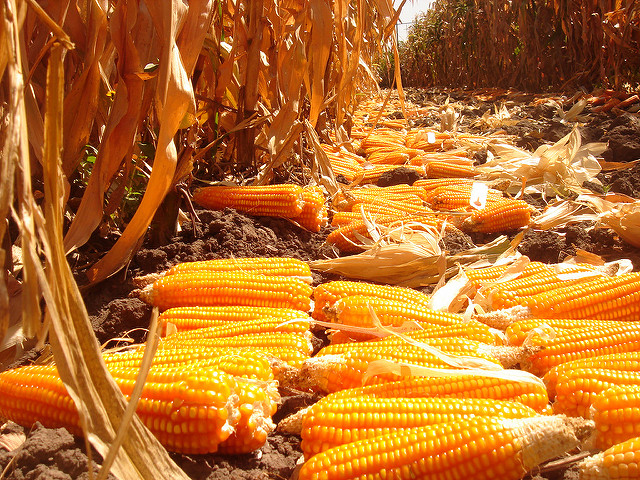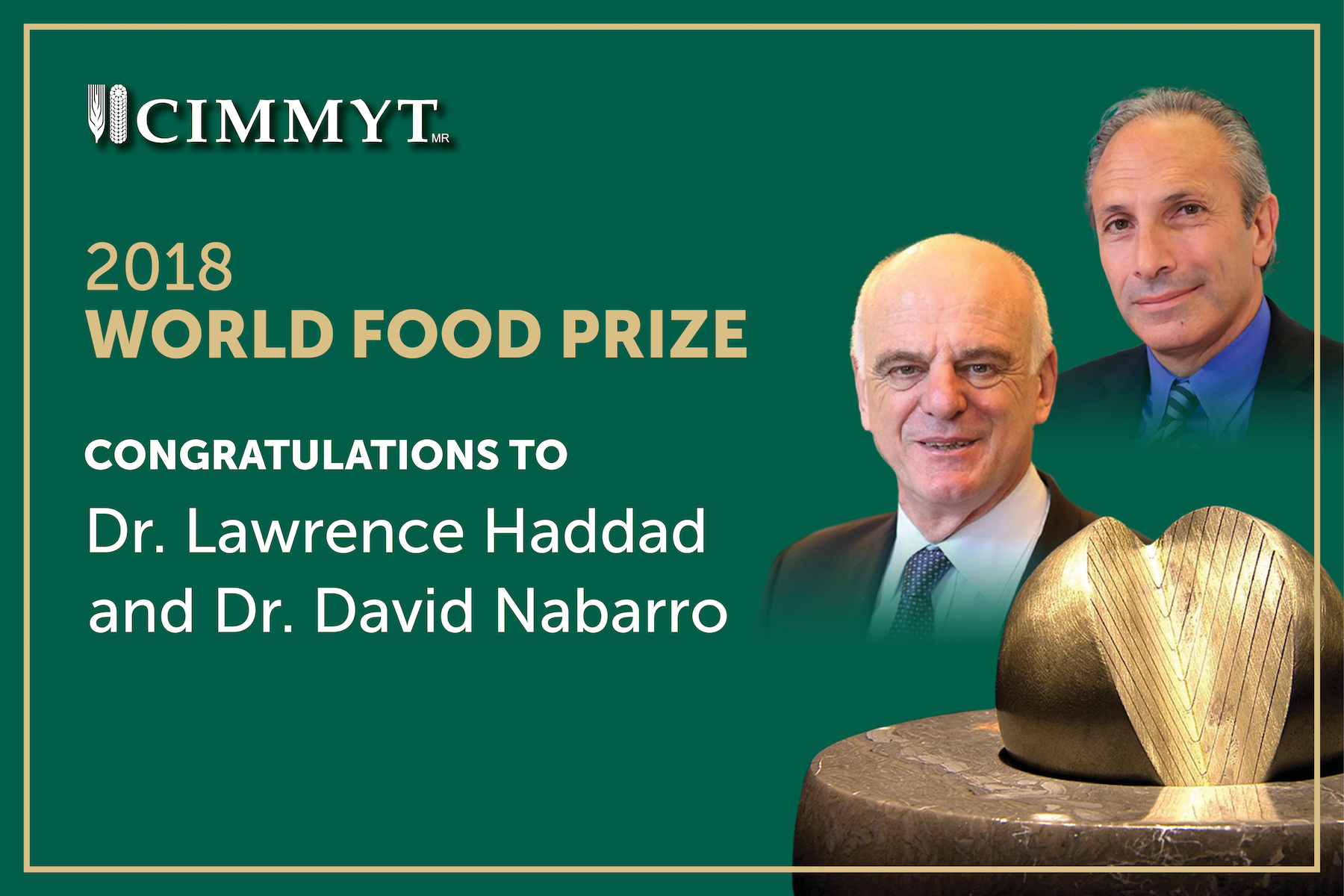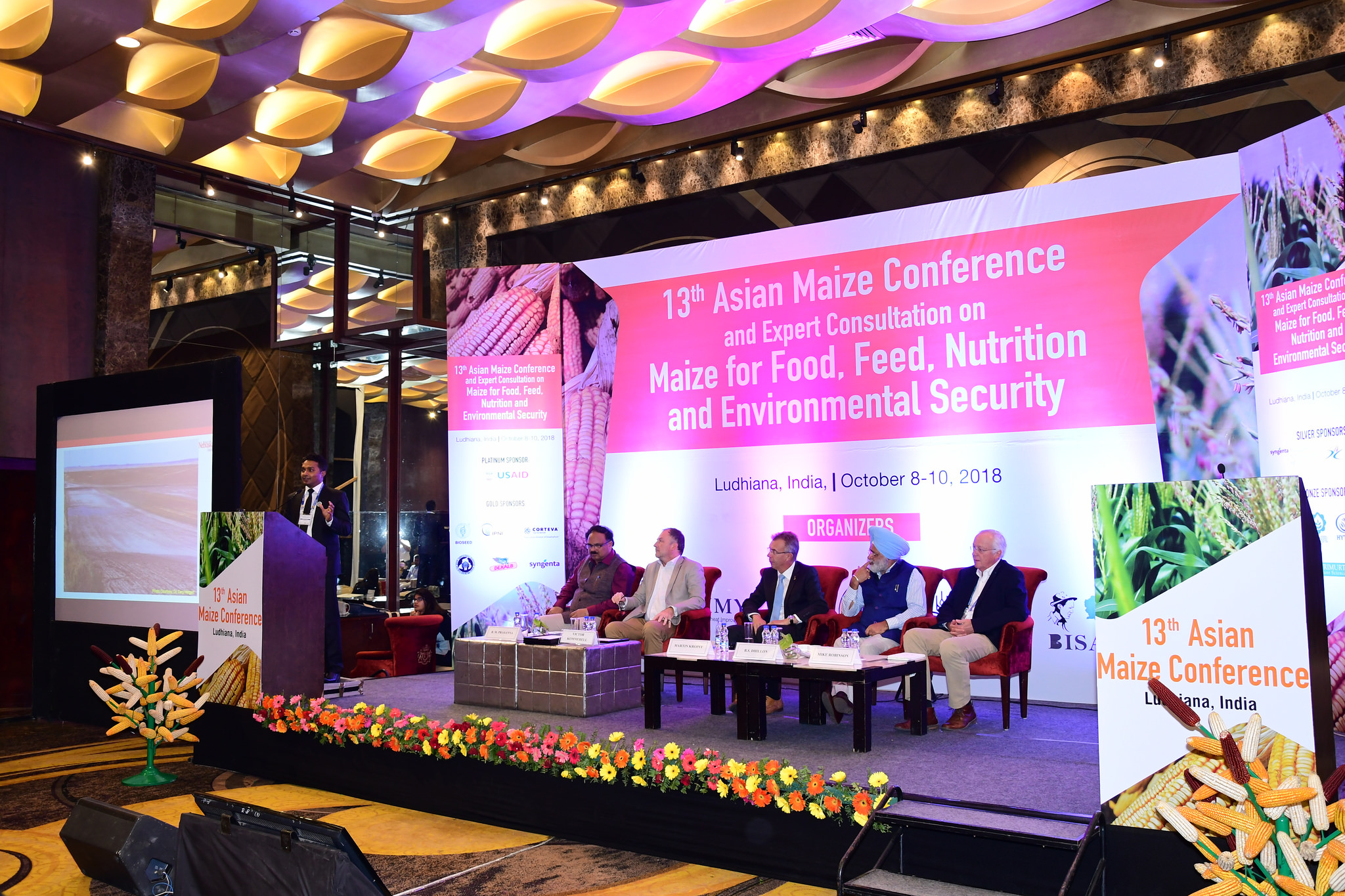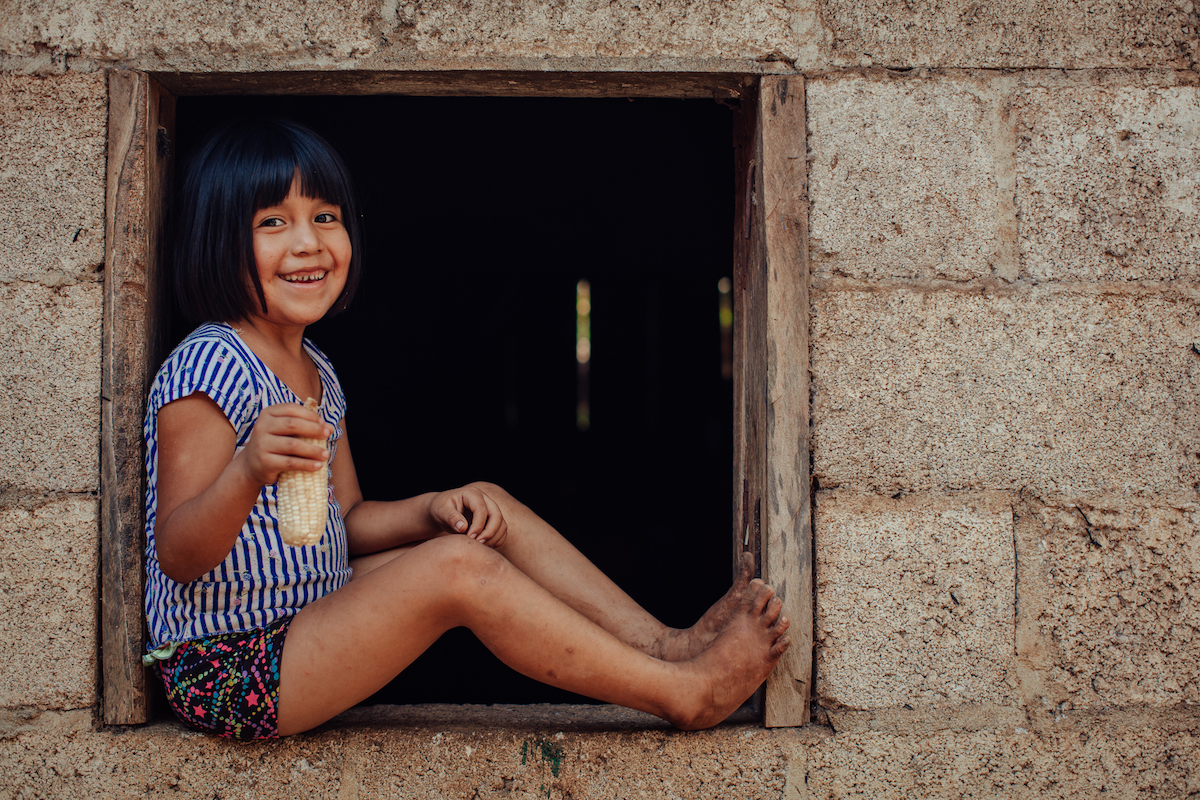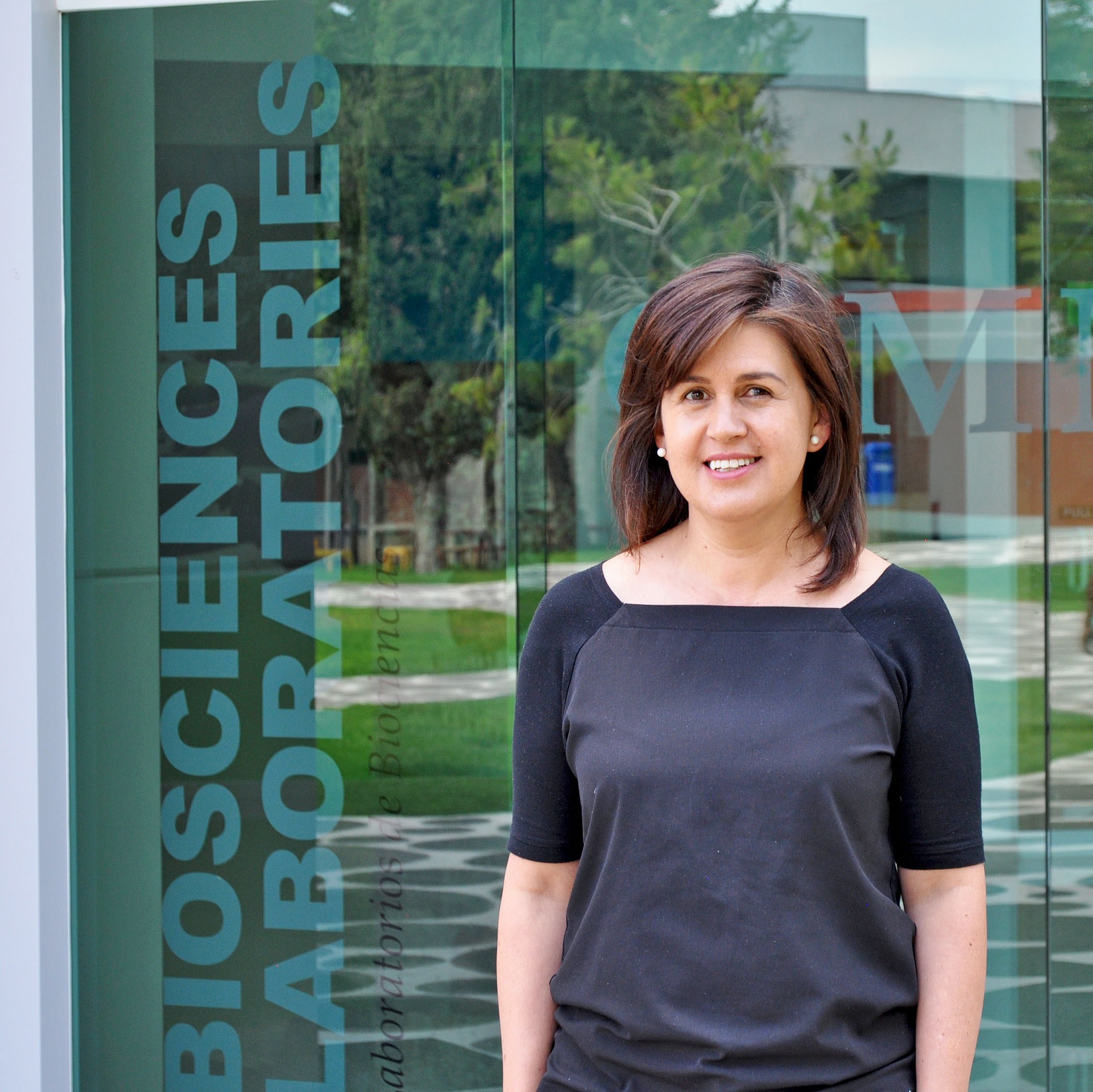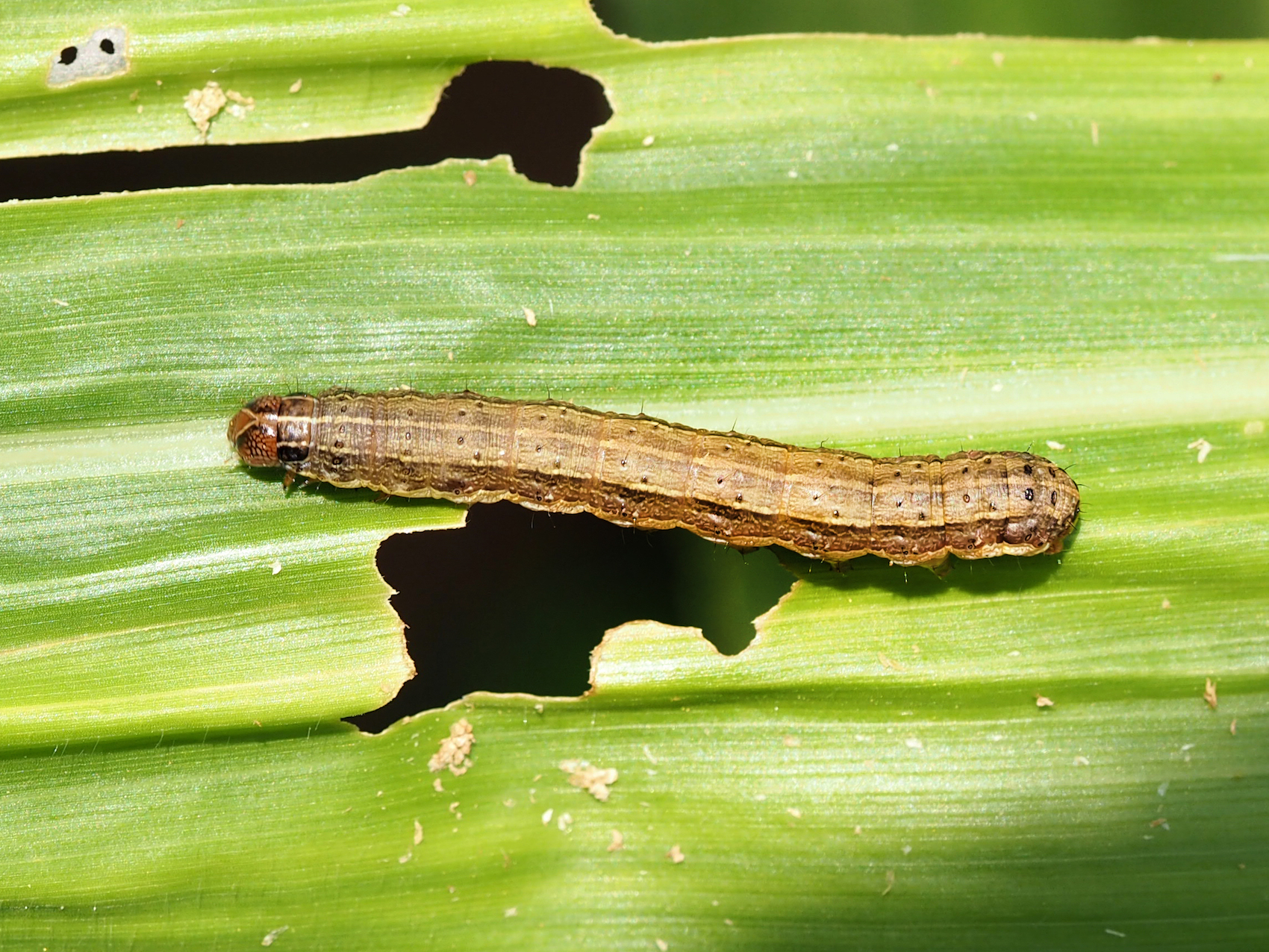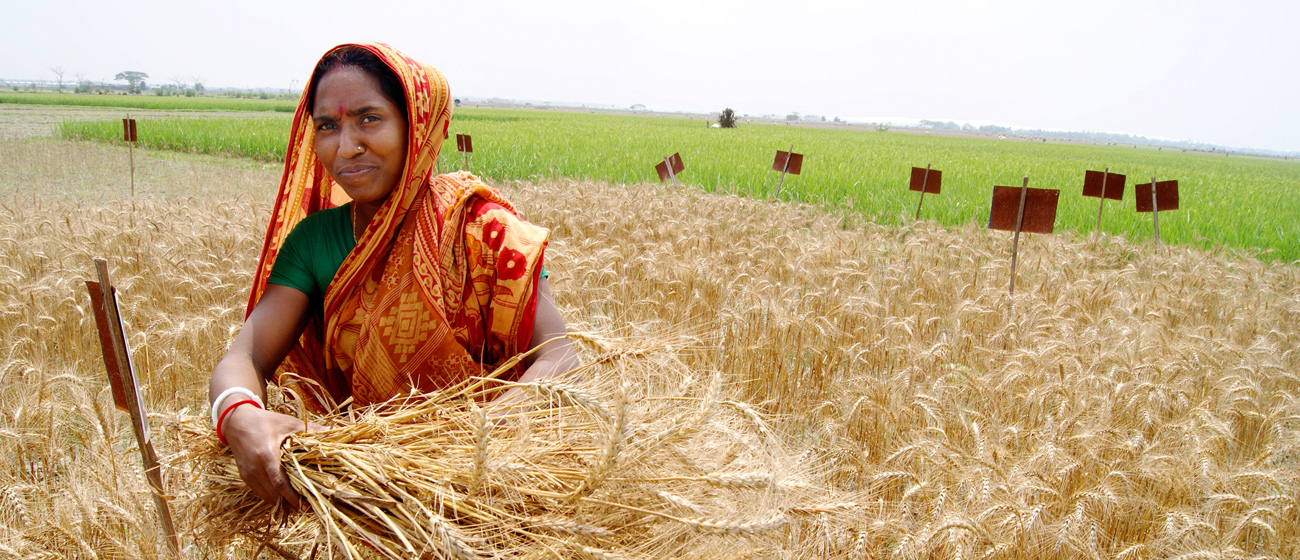Nutrition, health and food security
As staple foods, maize and wheat provide vital nutrients and health benefits, making up close to two-thirds of the world’s food energy intake, and contributing 55 to 70 percent of the total calories in the diets of people living in developing countries, according to the U.N. Food and Agriculture Organization. CIMMYT scientists tackle food insecurity through improved nutrient-rich, high-yielding varieties and sustainable agronomic practices, ensuring that those who most depend on agriculture have enough to make a living and feed their families. The U.N. projects that the global population will increase to more than 9 billion people by 2050, which means that the successes and failures of wheat and maize farmers will continue to have a crucial impact on food security. Findings by the Intergovernmental Panel on Climate Change, which show heat waves could occur more often and mean global surface temperatures could rise by up to 5 degrees Celsius throughout the century, indicate that increasing yield alone will be insufficient to meet future demand for food.
Achieving widespread food and nutritional security for the world’s poorest people is more complex than simply boosting production. Biofortification of maize and wheat helps increase the vitamins and minerals in these key crops. CIMMYT helps families grow and eat provitamin A enriched maize, zinc-enhanced maize and wheat varieties, and quality protein maize. CIMMYT also works on improving food health and safety, by reducing mycotoxin levels in the global food chain. Mycotoxins are produced by fungi that colonize in food crops, and cause health problems or even death in humans or animals. Worldwide, CIMMYT helps train food processors to reduce fungal contamination in maize, and promotes affordable technologies and training to detect mycotoxins and reduce exposure.
To feed the world, take the science to the farmer
 Climate adaptation and mitigation
Climate adaptation and mitigation
Experts discuss agricultural research and food security at the 2018 Borlaug Dialogue.
Fall armyworm on the agenda at the 2018 Borlaug Dialogue
 Nutrition, health and food security
Nutrition, health and food security
Experts explained the spread of the pest and presented science-based solutions to fight it.
Breaking Ground: Brendan Brown brings research to small-scale farmers
 Nutrition, health and food security
Nutrition, health and food security
Brown’s studies allowed him to develop novel mixed methods and participatory impact pathways to promote new farming practices, such as conservation agriculture, to smallholder farmers in Africa.
Cobs & Spikes podcast: Blue maize opportunities for Mexican farmers
 Nutrition, health and food security
Nutrition, health and food security
Find out how CIMMYT researchers are helping Mexican farmers tap into emerging markets for blue maize.
Reflections on the global impact of biofortification
 Nutrition, health and food security
Nutrition, health and food security
There are now 290 new varieties of 12 biofortified crops – including maize, wheat and potatoes – being grown in 60 countries, reaching an estimated 10 million farming households.
2018 World Food Prize recognizes action to improve child nutrition
 Nutrition, health and food security
Nutrition, health and food security
With this award, food and agriculture leaders highlight the importance of linking food production and nutrition.
Experts at Asian Maize Conference express concern over growing incidence of fall armyworm
 Nutrition, health and food security
Nutrition, health and food security
The Asian Maize Conference and expert consultation on “Maize for Food, Feed, Nutrition, and Environmental Security” was held in Ludhiana, Punjab, last week.
Better together: Partnership around zinc maize improves nutrition in Guatemala
 Nutrition, health and food security
Nutrition, health and food security
CIMMYT, HarvestPlus and Semilla Nueva are working together to reduce the country’s levels of malnutrition, through the development and deployment of the world’s first biofortified zinc-enriched maize.
Fighting hidden hunger from the ground up: the powerful link between soils and nutritious food
 Environmental health and biodiversity
Environmental health and biodiversity
CIMMYT has key role to address global nutrition challenges, says maize quality specialist
 Nutrition, health and food security
Nutrition, health and food security
Cobs & Spikes podcast: Matthew Rouse discusses research on wheat diseases
 Nutrition, health and food security
Nutrition, health and food security
We talk to the recipient of the World Food Prize 2018 Norman Borlaug Award for Field Research and Application. Rouse is being recognized for his work on Ug99.
New global research alliance joins fight against fall armyworm
 Nutrition, health and food security
Nutrition, health and food security
International consortium established to connect research with practical field solutions against pest.
Researchers find “hotspot” regions in the wheat genome for high zinc content, new study shows
 Nutrition, health and food security
Nutrition, health and food security
